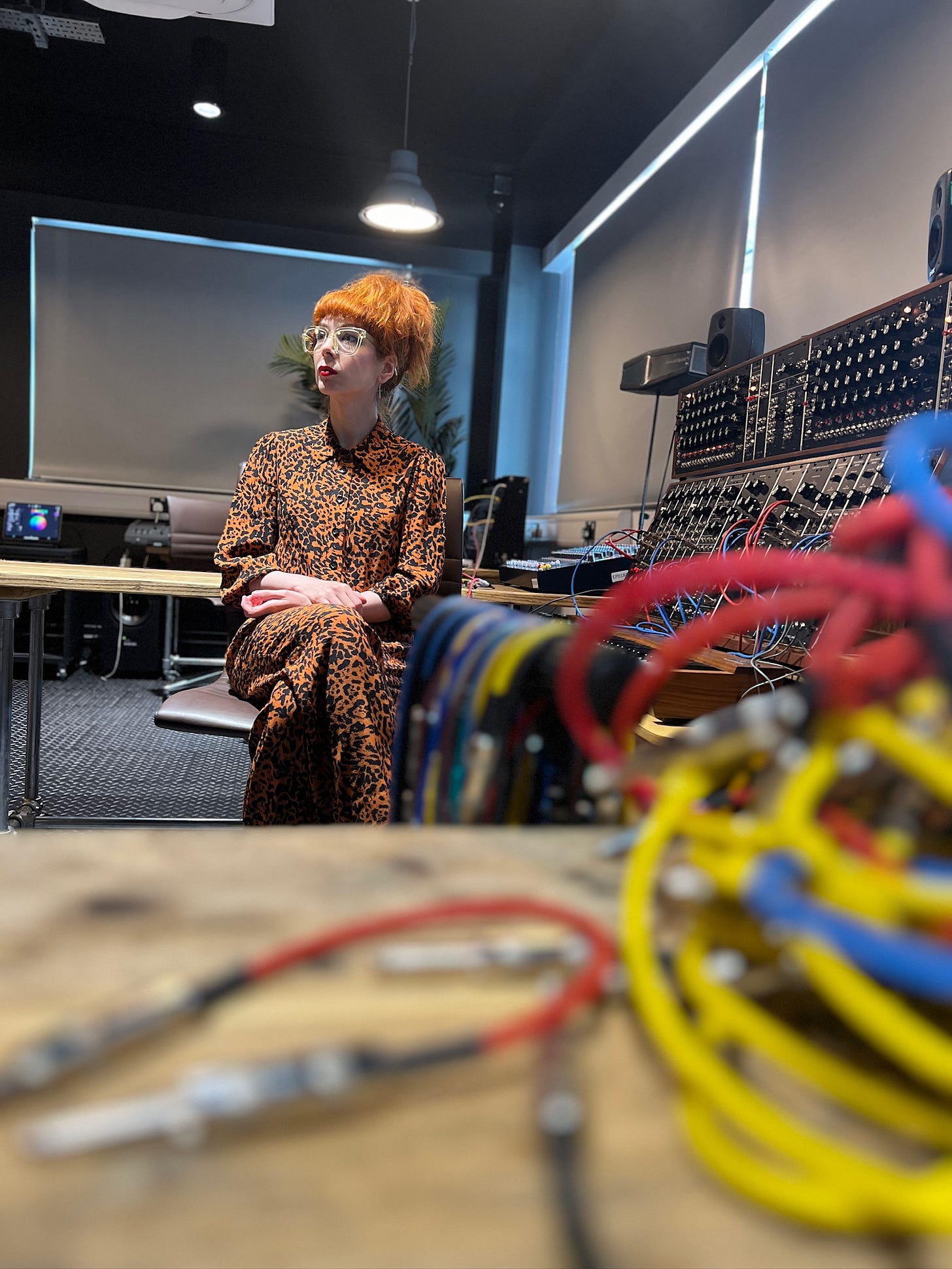I’ve previously written about the trials and tribulations of touring as a neurodiverse person/autistic musician and opened up about some of the more challenging aspects of life on the road for someone whose sensory needs require routine, predictability and control.
As ever, when I speak about my experiences with neurodiversity, and more specifically aut…
Keep reading with a 7-day free trial
Subscribe to The Anchoress Substack to keep reading this post and get 7 days of free access to the full post archives.




